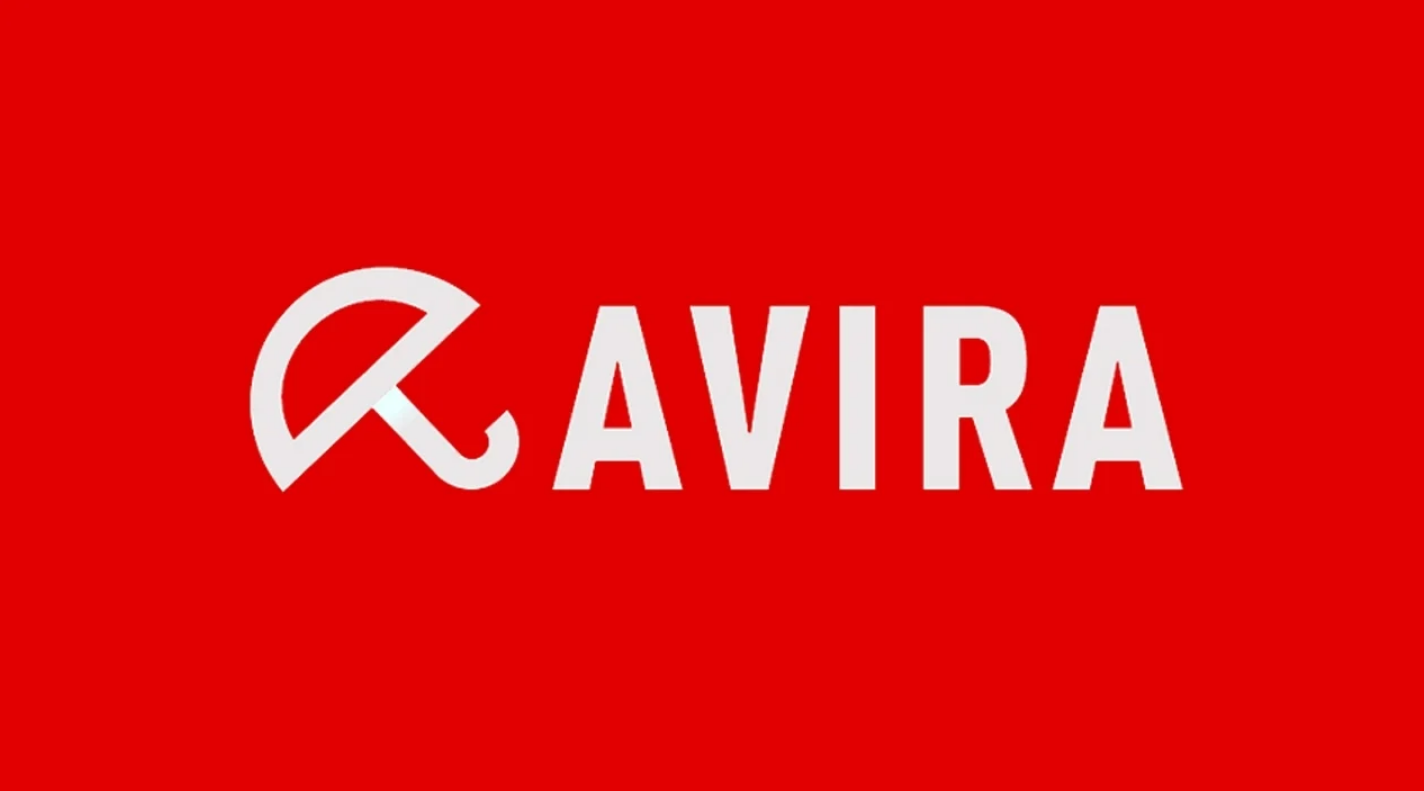And the Avira antivirus program adds a cryptocurrency miner to its code.

With the Norton που last week reported that adds a new component, called Norton Crypto, and mines cryptocurrencies from its clients' computers, it seems that Avira does the same.
After all, both programs belong to the same company, the NortonLifeLock. With Avira Crypto, coin-miners can now turn idle time on their computers into an opportunity to earn digital currency.
The company created a FAQ on its support site, which provides some additional details about the new feature. According to the FAQ, Avira Crypto is mining Ethereum on systems and comes with a personal wallet (just like Norton, after all).
Avira does not disclose how much (if any) of the mined currency it will keep for itself. While Norton revealed last week that it will take 15% of the coin earned from users of Norton Crypto.
Participation in Avira Crypto and Norton Crypto is voluntary. Whether mining is profitable depends on several factors, including the cost of electricity energys but also the wear of the material.
Both companies have been criticized for integrating cryptocurrency mining assets. Virtually all security products until now have prevented malicious attempts to run crypto miners on client computers. This integration can add a comeye revenue for NortonLifeLock, but it can also affect its reputation.
At the moment the most latest version of Avira Free (January 10, 2022) does not include Avira Crypto. Maybe it will roll out everywhere, or it's just limited to customers from certain regions for now.





